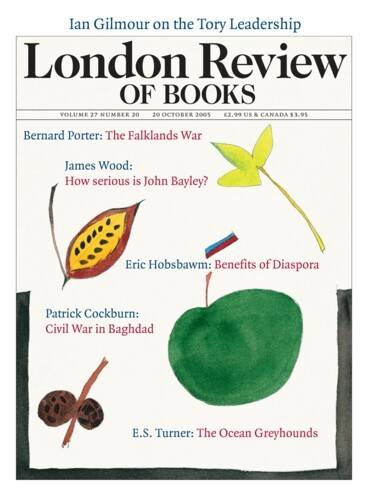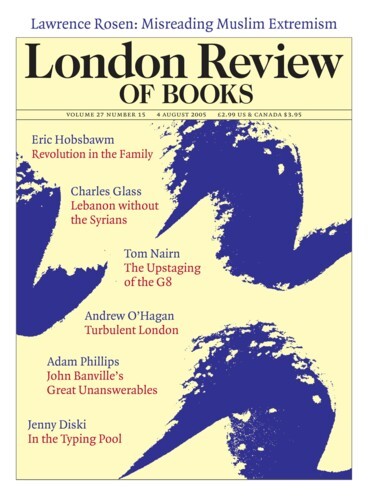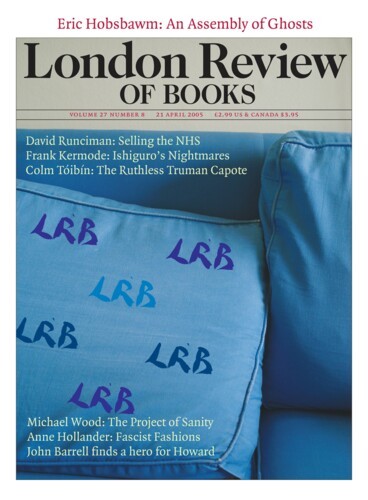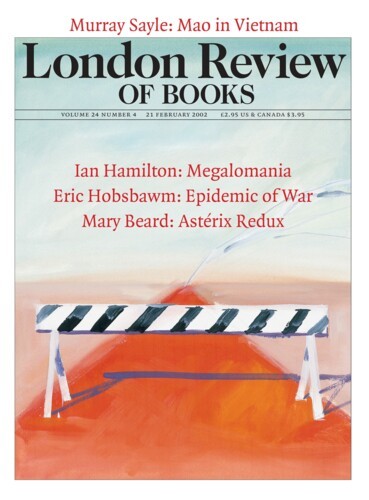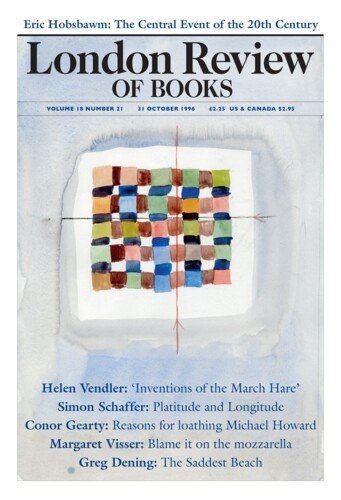Benefits of Diaspora: the Jewish Emancipation
Eric Hobsbawm, 20 October 2005
Most work in the field of Jewish history deals with the almost invariably vast impact of the outside world on the Jews, who are almost invariably a small minority of the population. My concern is with the impact of the Jews on the rest of humanity. And, in particular, with the explosive transformation of this impact in the 19th and 20th centuries: that is to say, since the emancipation and self-emancipation of the Jews began in the late 18th century.
